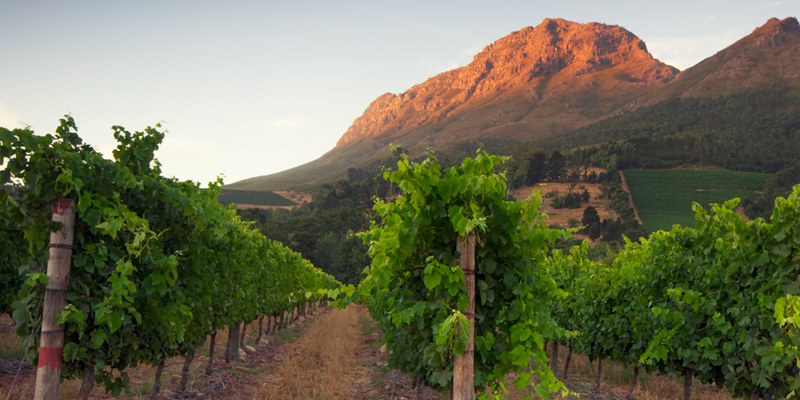“Bitter Grapes – Slavery in the Vineyards,” the latest documentary from Danish filmmaker Tom Heinemann, is shaking up wine sales all over Scandinavia. The documentary, which portrays alleged slave-like conditions endured by some vineyard workers in South Africa, has caused numerous supermarkets in Denmark to pull South African bottles from their shelves. And in Sweden, which was South Africa’s second-largest export market (only trumped by the UK), a large chain of supermarkets is considering doing the same. With Scandinavia consuming over 50 million liters of South African wine per year, the loss could be huge.
The film reports on alleged unjust wages and poor working conditions that some vineyard workers in South Africa are subjected to. There’s a strong focus on Robertson Winery, whose workers are currently on strike, fighting for fair pay and better workplace management. Quartz reports that their pay comes down to about $7 US a day, far below the legal minimum wage. Many workers are said to live in desperate conditions, work more than 12 hours a day and are subjected to toxic chemicals without any form of protection. The film depicts several workers discussing their dreams of simply having normal lives, owning homes and living happily and healthfully.
The South African wine industry dates back to the mid-1600s, with most production centered around Cape Town. The industry’s roots go back to the Dutch East India Company and surgeon Jan van Riebeeck’s experiments with vineyard planting. South African wines were boycotted internationally for much of the 20th century to protest apartheid.

